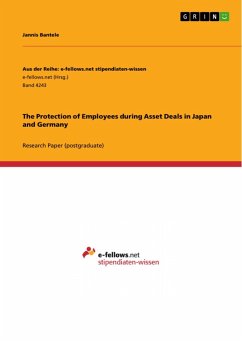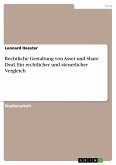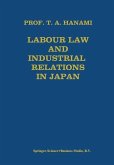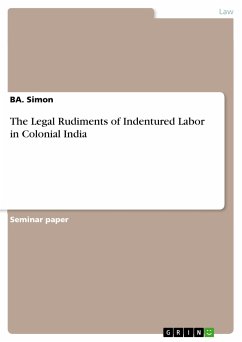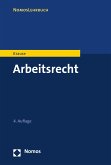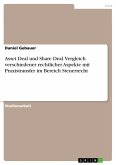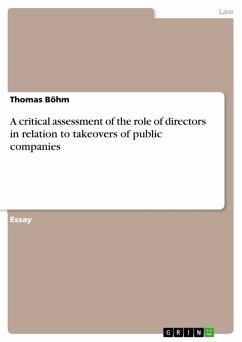Research Paper (postgraduate) from the year 2022 in the subject Law - Civil / Private / Industrial / Labour, Keio University (Law School), course: LL.M. in Global Legal Practice, language: English, abstract: The employees' protection during asset deals shall be explained in detail first from a Japanese and after that from a German legal viewpoint, introducing the respective systems of company and labour law and taking into account the historical as well as the social context of both countries. Afterwards, these two systems shall be directly compared to determine whether there are lessons to be learned from the other regulatory way. By these means, the questions shall be answered, how much protection during asset deals for employees is necessary and adequate, as well as whether an optimal regulation of this situation is possible. Through times of economic upswing or crisis, Japan and Germany's economic and legal cooperation has been profound for the longest time and thus overcame borders in culture and language. As for labour law, in particular, both countries share the general regulatory way by emphasizing the protection of employees - with only natural differences remaining. Furthermore, be it times of economic stability or uncertainty, the acquisition of undertakings in the form of asset deals for business expansion or restructuring plays a significant role in both countries. The (dis-)continuity of employment relationships upon such restructuring measures, however, bears great risks and insecurities for employees and calls for the legislator as well as the jurisdiction to provide for solutions. Solutions have been found in Japan as well as in Germany - although with significant differences yet to explore.
Dieser Download kann aus rechtlichen Gründen nur mit Rechnungsadresse in A, B, BG, CY, CZ, D, DK, EW, E, FIN, F, GR, HR, H, IRL, I, LT, L, LR, M, NL, PL, P, R, S, SLO, SK ausgeliefert werden.

